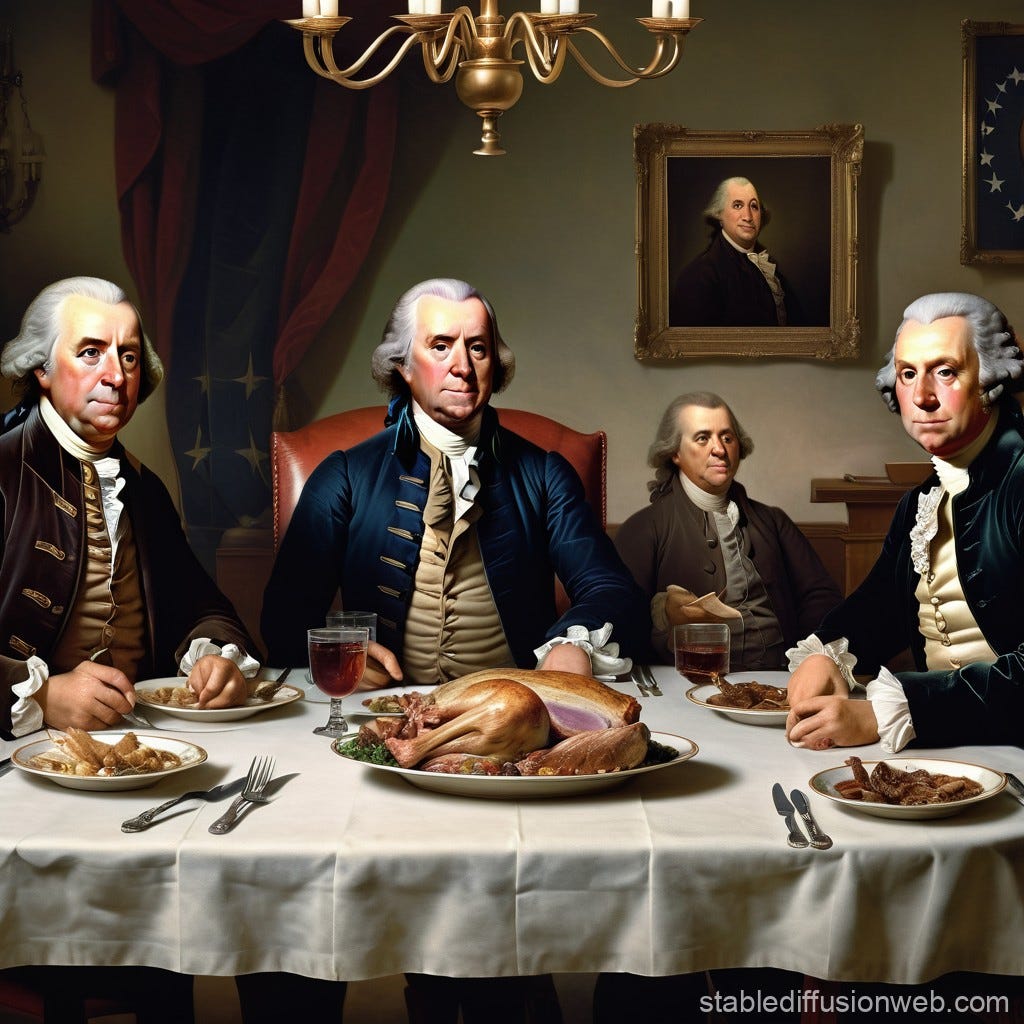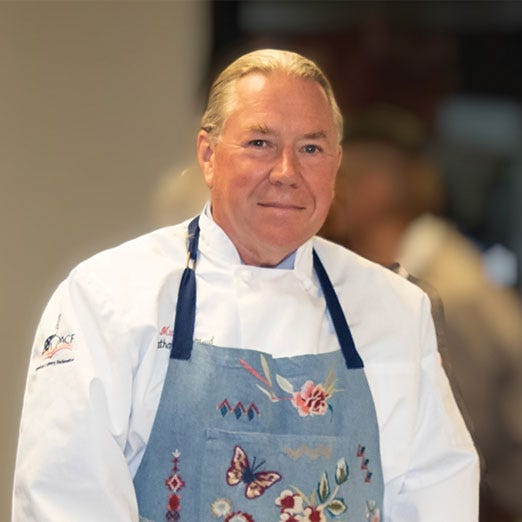At The Intentional Table, we believe a meal can spark deeper connections than words ever could. Hillary Clinton once called food “the oldest diplomatic tool,” and history proves her right. In 1874, President Ulysses Grant hosted King David Kalakaua of the Hawaiian Islands for the first official state dinner, marking the early days of culinary diplomacy.
Food does more than nourish—it tells our stories, represents our cultural roots, and unites people. During the 2015 Iran nuclear deal talks, shared meals helped negotiators build rapport when the discussions nearly fell apart. Food became the common language that kept everyone at the table.
The Science Behind Breaking Bread
Why do shared meals have such a strong effect on us? Research shows our brains release dopamine twice when we eat—once as the food enters our mouth and again when it reaches our stomach. Meanwhile, about 95% of our serotonin is produced in the gut. These chemicals influence our mood and are even more powerful when we dine together.
Studies show that negotiators sharing similar meals reached agreements in 3.6 rounds, compared to 7.3 rounds when they ate different meals. This phenomenon comes from oxytocin release (often called the “love hormone”), which strengthens emotional bonds. The benefits extend beyond the table, leading to stronger family ties, higher self-esteem, lower stress, and reduced depressive symptoms. Traditional diets like washoku (Japanese cuisine) often emphasize whole, unprocessed foods and communal dining, contributing to lower rates of depression.
Food as a Bridge Between Cultures
Here at The Intentional Table, I’ve seen how food can bridge cultural gaps more effectively than formal meetings. In Connecticut, for example, Sanctuary Kitchen invites refugee chefs to run cooking classes while sharing personal stories. This sparks understanding and empathy across cultures. In Hong Kong, dim sum and hot pot meals create a relaxed atmosphere for long conversations. In Thailand, groups share dishes rather than order individual plates, naturally encouraging communal bonding.
Ethnic restaurants become hubs for immigrants, offering familiarity and a chance to share their culture. Programs like South Korea’s “Global Hansik” and Peru’s “Perú Mucho Gusto” show how countries use cuisine to foster international goodwill. Meanwhile, local markets and cooking classes bring that same spirit of unity to communities everywhere. The result? True cross-cultural connections—sometimes sparked by a single new dish. Wow, I would love to create something one day that transcends this barrier to connection!
Culinary Crisis Resolution
Food isn’t just a cultural connector—it can also help settle conflicts. The Black Sea Initiative allowed over 1,000 ships to transport 33 million metric tons of food globally, including critical wheat shipments for humanitarian operations. In Afghanistan and Syria, high-level dialogs over shared meals helped open communication channels under tense conditions. Research shows negotiators find common ground faster when they share the same foods. This underscores the importance of food security for peace. Two-thirds of the 135 million people needing urgent food aid live in conflict zones. By prioritizing food diplomacy, we create opportunities for trust and resolution, one meal at a time, and you and I can participate. We can!
World Central Kitchen (WCK), founded by Chef José Andrés in 2010, is a nonprofit organization dedicated to providing meals in the wake of natural disasters, humanitarian crises, and emergencies worldwide. By partnering with local chefs, restaurants, and community leaders, WCK sets up rapid-response meal distribution efforts that address immediate hunger, jumpstart local economies, and bolster community recovery. Their model—often called “Food First Responders”—meets urgent nutritional needs and supports resilience by hiring and sourcing from local businesses wherever possible.
WCK’s impact goes beyond food relief: its presence in crisis zones fosters goodwill and builds bridges among diverse communities, NGOs, and government agencies. By offering an apolitical, humanitarian service, WCK effectively assists in diplomacy efforts, showing how compassion through shared meals can transcend political barriers, bring people together, and help forge positive domestic and international relationships. Through this blend of practical assistance and goodwill generation, World Central Kitchen stands out as a valuable diplomatic tool in times of global distress. I never had the chance to work with Chef Andres’ but he is a great soul, which would have been tremendous. He has a large culinary empire.
At The Intentional Table, we’ve witnessed the universal power of food to transcend political barriers. Science tells us that eating together forms genuine chemical bonds in our brains—bonds that can move us closer to peace than formal negotiations alone.
Culinary diplomacy works because it meets our fundamental needs for nourishment and connection. With one shared meal, people from different backgrounds can find trust, foster empathy, and maybe even solve a few of the world’s biggest problems. The next time you share your table, remember you’re carrying on a long diplomatic tradition. Indeed, a good meal often speaks louder than words.
FAQs
Q1. What is Culinary diplomacy, and how does it work?
Culinary diplomacy uses food as a diplomatic tool to bring people and cultures together. Creating shared experiences around meals promotes trust and communication more naturally than formal negotiations.
Q2. How does sharing meals affect our brain chemistry?
Our brains release dopamine and serotonin when we eat, boosting pleasure and well-being. Sharing meals with others also triggers oxytocin, the “love hormone,” which builds emotional connections and fosters cooperation.
Q3. Can food really help resolve international conflicts?
Yes. Shared meals offer a neutral setting where people can find common ground more easily. During the Iran nuclear deal negotiations, mealtimes helped ease tensions and build vital rapport.
Q4. How does Culinary diplomacy impact local communities?
All forms of diplomacy encourage cultural exchange, economic development, and stronger community bonds. It can happen in small ethnic eateries, food festivals, or cooking classes—anywhere people come together over a meal.
Q5. How can individuals practice food diplomacy in daily life?
Invite neighbors from different backgrounds to share a meal. Host international students during holiday celebrations. Check out local cooking classes or food markets. Breaking bread with diverse groups creates openings for cultural appreciation and shared understanding.
~ Until we read again!
Jonathan McCloud, M.A.
Of course, the official blurb is below, but it would mean SO much to me if you would subscribe. Even free is great! I am learning to make a living with my writing as a disabled veteran and stroke and cancer survivor. Your patronage helps me where the other systems need some supplement. Thank you!
References for the Geeks amongst you!
https://www.sciencedaily.com/releases/2018/12/181227111420.htm
https://www.health.harvard.edu/blog/nutritional-psychiatry-your-brain-on-food-201511168626
https://www.npr.org/2017/02/02/512998465/why-eating-the-same-food-increases-peoples-trust-and-cooperation
https://www.originsfamilycounseling.com/why-eating-together-improves-our-mental-health/
https://pmc.ncbi.nlm.nih.gov/articles/PMC6309329/
https://oldwayspt.org/blog/sanctuary-kitchen-fosters-community-and-cultural-understanding-through-food/
https://carlsonschool.umn.edu/news/the-cross-cultural-power-food-coming-together-over-food
https://www.tandfonline.com/doi/abs/10.1080/03670244.2020.1717481
https://en.wikipedia.org/wiki/Culinary_diplomacy
https://www.smithsonianmag.com/travel/how-to-build-cross-cultural-connections-over-food-this-holiday-season-180985712/
https://humanitarianaction.info/document/global-humanitarian-overview-2024/article/expanding-critical-role-humanitarian-diplomacy
https://natoassociation.ca/negotiating-peace-one-bite-at-a-time/
https://www.csis.org/analysis/beyond-food-aid-priorities-address-humanitarian-food-crises







What a great post! Thank you!
This great J. In my cultural experience, food marks a point in the ceremony of coming together confirming the sacred portion has been completed.